Introduction
7 Health Benefits of Corn is a versatile and delicious staple food enjoyed by people all over the world. Whether it’s a side dish, a main course, or a snack, corn offers a multitude of culinary possibilities. But did you know that corn is not only tasty but also packed with numerous health benefits? In this article, we’ll explore the nutritional profile of corn and delve into its impressive health benefits.
Nutritional Profile of Corn
Corn is a rich source of macronutrients such as carbohydrates, protein, and fat. It also contains various essential micronutrients like vitamins and minerals. A cup of cooked corn provides around 123 calories, 27 grams of carbohydrates, 4 grams of protein, and less than 2 grams of fat. Additionally, corn contains essential vitamins like thiamin, niacin, and folate, as well as minerals such as phosphorus, magnesium, and potassium.
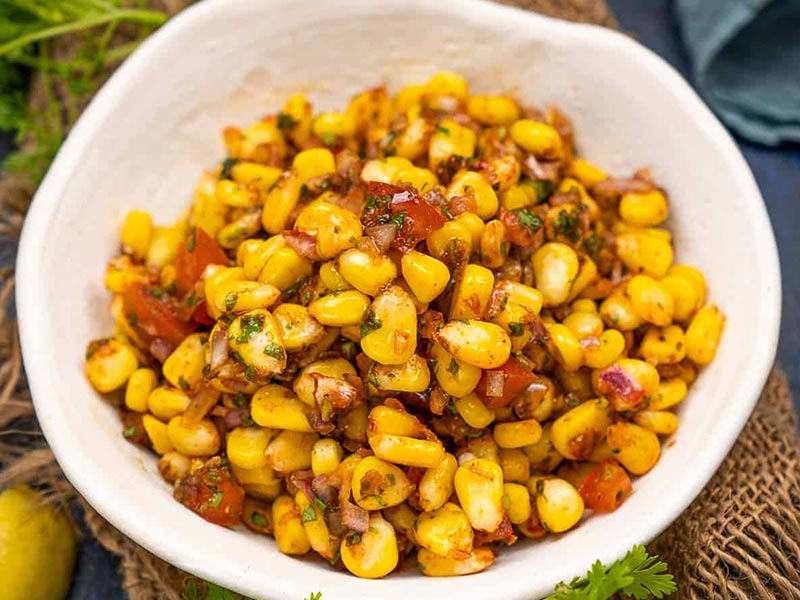
Digestive Health Benefits
One of the standout features of corn is its high fiber content. Fiber is crucial for healthy digestion as it adds bulk to the stool, promotes regular bowel movements, and prevents constipation. Regular consumption of corn can aid in maintaining a healthy digestive system and reducing the risk of digestive issues.
Antioxidant Properties
Corn contains phenolic compounds, which are powerful antioxidants that help combat oxidative stress and inflammation in the body. By reducing the damage caused by free radicals, corn may contribute to the prevention of chronic diseases such as cardiovascular disease, diabetes, and certain types of cancer.
You can read our another post on Nagasaki Day
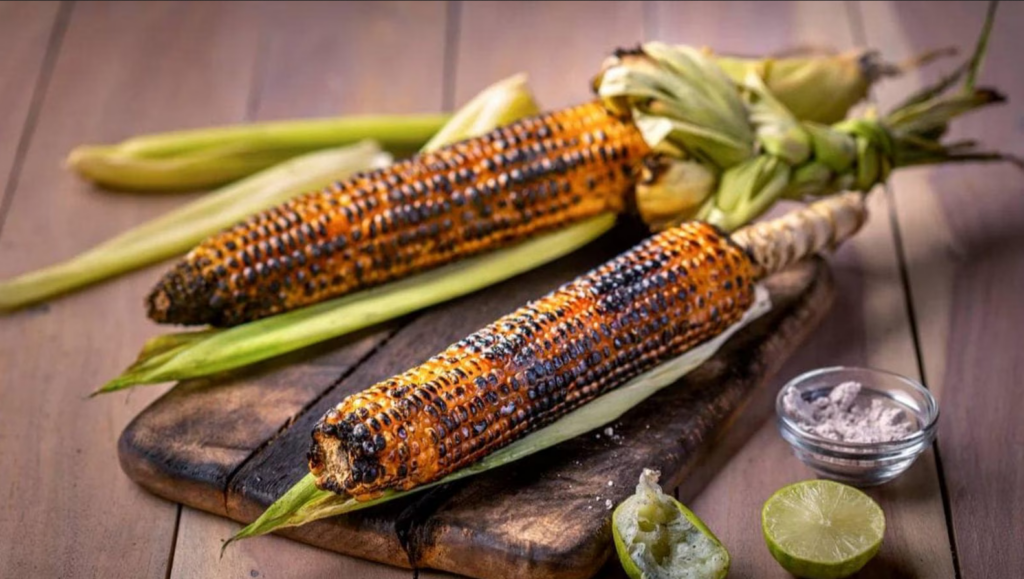
Eye Health Enhancer
Lutein and zeaxanthin, two essential antioxidants found abundantly in corn, play a vital role in maintaining healthy vision. These nutrients help protect the eyes from harmful UV rays and may reduce the risk of age-related macular degeneration and cataracts.
Heart Health Booster
Several studies have suggested that consuming corn can have positive effects on heart health. The soluble fiber in corn can help lower cholesterol levels, while its potassium content supports healthy blood pressure regulation. By incorporating corn into your diet, you may reduce the risk of cardiovascular diseases.
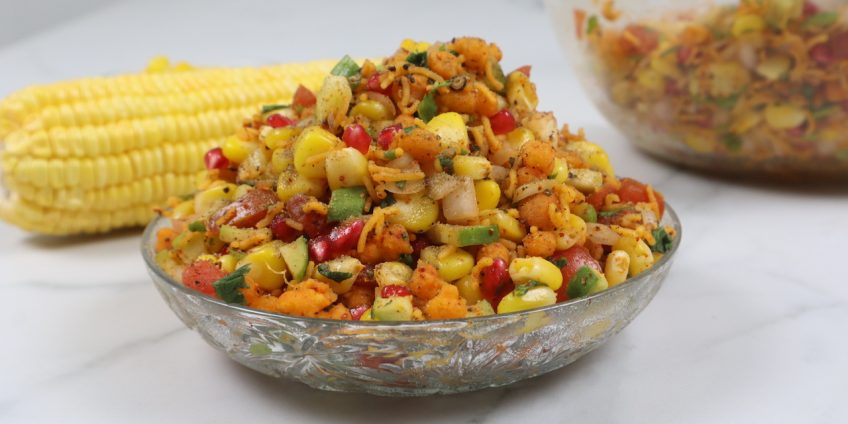
Energy Source and Weight Management
Corn is a complex carbohydrate, making it an excellent source of energy. It provides a steady release of glucose into the bloodstream, helping sustain energy levels throughout the day. Additionally, the fiber content in corn promotes feelings of fullness, which can aid in weight management by reducing the urge to overeat.
Diabetes-Friendly Food
Contrary to popular belief, corn can be a suitable food choice for individuals with diabetes. While corn does contain carbohydrates, its glycemic index is relatively low. Furthermore, the fiber and protein content in corn can help maintain stable blood sugar levels. When consumed in moderation and as part of a balanced meal plan, corn can be included in a diabetes-friendly diet.
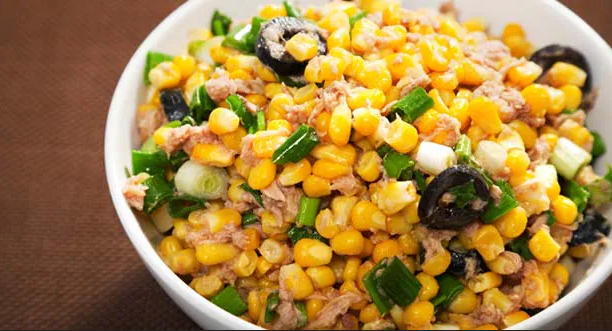
Additional Benefits of Corn
In addition to the aforementioned benefits, corn offers several other advantages. The vitamin C content in corn contributes to healthy skin by promoting collagen production. Corn also contains various phytochemicals that have been associated with disease prevention. Moreover, the folate in corn supports healthy brain function and can be particularly beneficial for pregnant women.
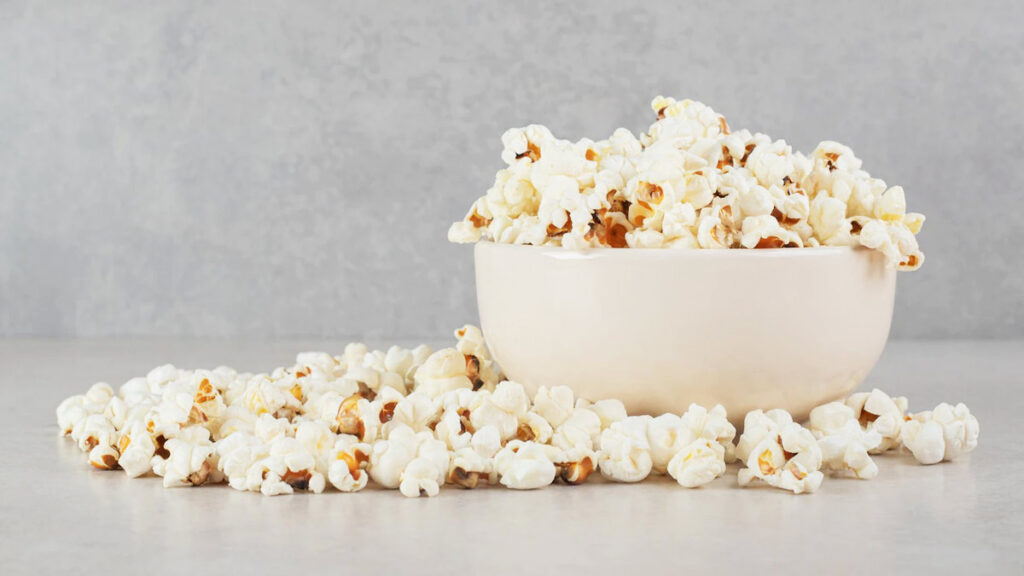
Write A FAQ For 7 Health Benefits of Corn
How does corn benefit our overall health?
Corn offers numerous health benefits as it is rich in dietary fiber, antioxidants, vitamins (such as folate and niacin), and minerals (such as phosphorus and manganese).
Is corn beneficial for weight management?
Yes, corn can aid in weight management due to its high fiber content, which promotes feelings of fullness and reduces overall calorie intake.
Does corn help improve digestion?
Absolutely, corn is a great source of fiber that can promote healthy digestion, prevent constipation, and enhance bowel regularity.
Can corn contribute to eye health?
corn contains carotenoids such as lutein and zeaxanthin, which are essential for maintaining good eye health and may help reduce the risk of age-related macular degeneration.
Is corn beneficial for heart health?
Yes, corn contains phytochemicals that can lower levels of LDL (bad) cholesterol, thus reducing the risk of cardiovascular diseases. Its high fiber content also supports heart health.
Can corn be consumed by individuals with diabetes?
It is safe for individuals with diabetes to consume moderate amounts of corn. However, they should be mindful of portion sizes, as corn does contain carbohydrates that affect blood sugar levels.
Does corn provide any immune-boosting benefits?
Yes, corn is a rich source of antioxidants, such as beta-carotene, vitamin C, and vitamin E, which can strengthen the immune system and protect against infections and diseases.
Is corn beneficial for pregnant women?
Absolutely, corn contains folate, a crucial nutrient for pregnant women as it helps prevent neural tube defects in developing fetuses. It also provides energy and essential vitamins to support a healthy pregnancy.
Can corn help prevent anemia?
Yes, corn contains iron, which plays a vital role in preventing anemia by helping the body produce red blood cells.
Are there any precautions to consider before including corn in one’s diet?
While corn is generally safe for consumption, individuals with corn allergies or sensitivities should avoid it. Additionally, it’s important to choose non-genetically modified (non-GMO) and organic corn whenever possible to ensure maximum health benefits.
Conclusion
Corn is not only a delicious addition to your plate but also a nutritional powerhouse, offering a range of health benefits. Its high fiber content promotes digestive health, its antioxidants combat oxidative stress, and its nutrients support eye and heart health. With its low glycemic index, corn is also suitable for individuals concerned about blood sugar control. So, why not incorporate corn into your diet and enjoy its numerous health perks? Whether you prefer it on the cob, in a salad, or as part of a delicious Mexican dish, corn is a versatile and nutritious choice that can contribute to your overall well-being.

